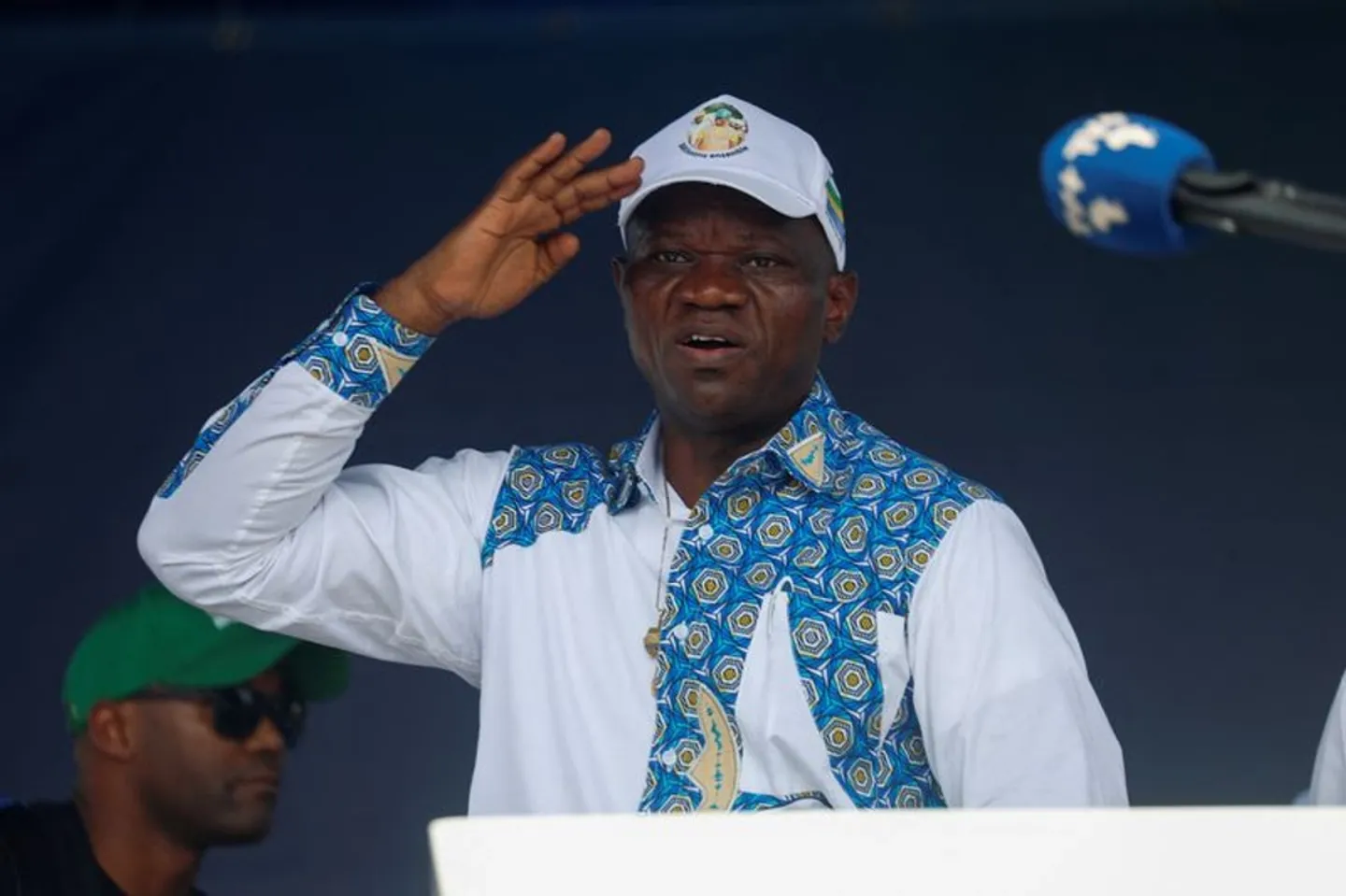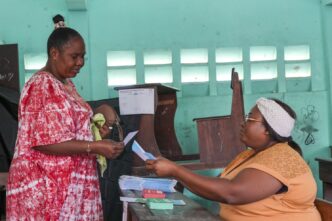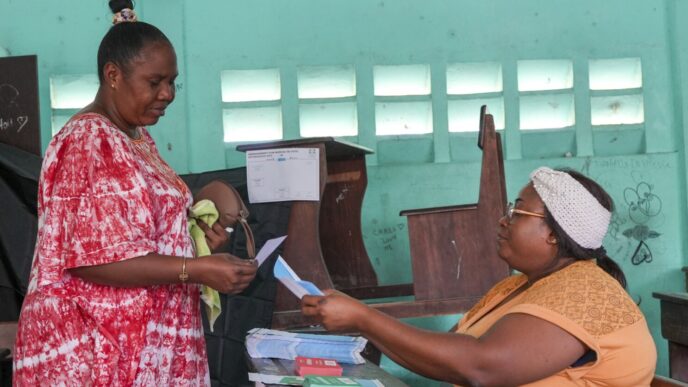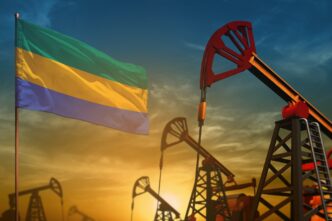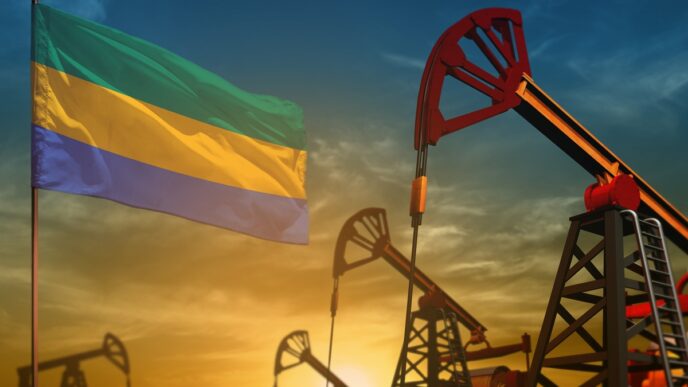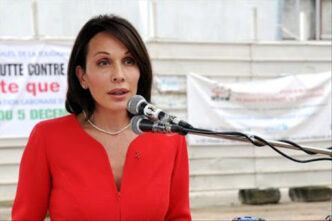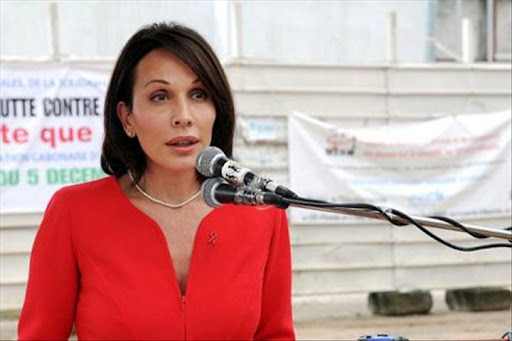Brice Oligui Nguema, the former junta chief who seized power in a 2023 coup, will be sworn in as Gabon’s new president on Saturday, following a landslide election victory last month in which he secured nearly 95% of the vote.
Oligui, a 50-year-old general, toppled long-time leader Ali Bongo in August 2023, bringing an end to 55 years of Bongo family rule. Since then, he has overseen a 19-month transitional government and is now set to officially assume the presidency in a high-profile ceremony.
The inauguration will take place at the 40,000-capacity Angondjé Stadium, located north of the capital Libreville. It marks the first time Gabon is holding a swearing-in ceremony in front of such a large public audience. The stadium, a symbol of diplomatic ties between Gabon and China, will also host a military parade and artistic performances. The celebrations are set to conclude with a “victory concert” along the Libreville waterfront.
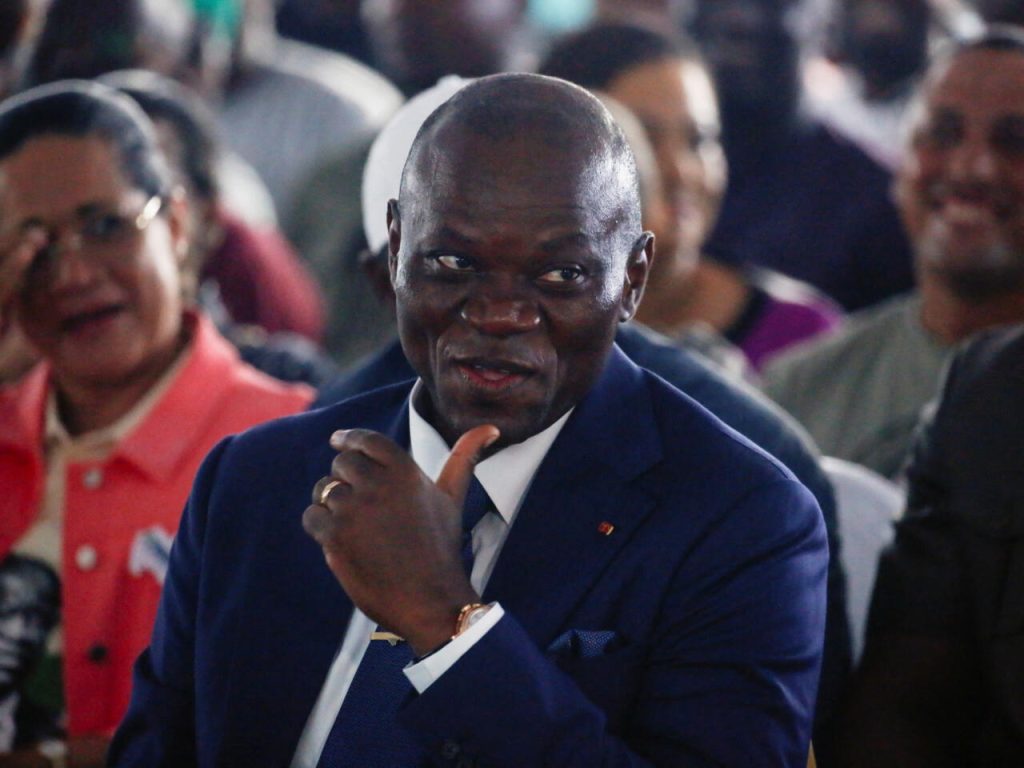
Several African heads of state are expected to attend the ceremony. Among the confirmed guests are President Adama Barrow of The Gambia, Senegal’s Bassirou Diomaye Faye, Ismail Omar Guelleh of Djibouti, and Equatorial Guinea’s Teodoro Obiang Nguema Mbasogo. Presidents Félix Tshisekedi of the Democratic Republic of Congo and Paul Kagame of Rwanda will also be present, despite ongoing peace talks between Kigali and Kinshasa aimed at resolving tensions in eastern DRC.
In preparation for the event, authorities have mobilised workers to clean and repaint key areas of the city, especially routes leading to the stadium. The Ministry of the Interior has urged residents in Greater Libreville to welcome foreign dignitaries with warmth and assist in beautifying the city.
Despite the festive atmosphere, Oligui faces considerable challenges as he prepares to lead the oil-rich but economically strained nation. Gabon is burdened with ageing infrastructure, frequent power cuts, a deteriorating road network, and a public debt projected to reach 80% of GDP this year. Youth unemployment remains critically high at around 40%.
During his time as transitional leader, Oligui promoted an image of himself as a reformer and nation-builder. He launched several infrastructure projects and pledged to clamp down on corruption in a bid to steer Gabon towards economic diversification and improved governance.
As he steps into office, the spotlight will be on how he delivers on his promises and navigates the complex path from military rule to democratic governance.


 Trending
Trending 
